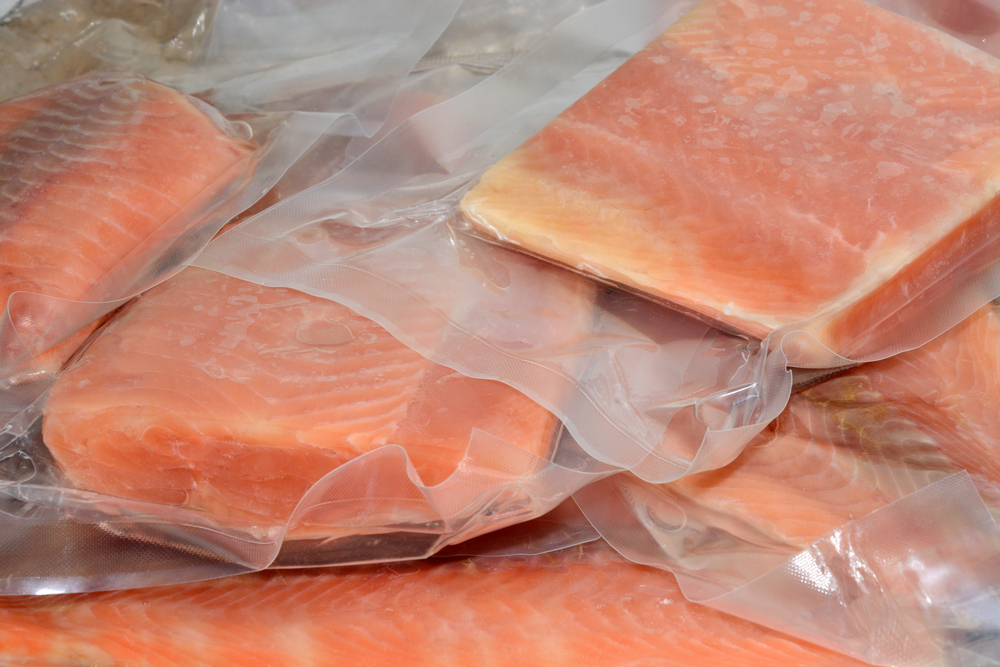Contents:
- Medical Video: Fasting Tips for Pregnant women in Navratri | Boldsky
- Guide to running fast during pregnancy
- 1. Consult your doctor or midwife first
- 2. Mandatory food when fasting pregnant women
- 3. Guide to activities during fasting
- When should pregnant women cancel fasting?
Medical Video: Fasting Tips for Pregnant women in Navratri | Boldsky
Obligatory fasting is a service that can only be held once a year. Not surprisingly, many Muslims do not want to miss this opportunity to worship, including pregnant women. Although pregnant women need a lot of nutrition to support their baby's development and growth, healthy pregnant women are still allowed to fast. How do you run fast during pregnancy?
Guide to running fast during pregnancy
Fasting during pregnancy is not an easy thing to do. Pregnant women must really pay attention to the nutrition they consume. Do not let fasting actually reduce the health of the mother and baby. The opportunity to eat when breaking fast and dawn must be really used by pregnant women to eat a lot of varied foods in an effort to meet their nutritional needs.
1. Consult your doctor or midwife first
Before you fast, you should consult your doctor first. Ask your doctor whether your condition allows you to fast? Your doctor will consider your health condition and the stage of your pregnancy to determine whether your body is able to fast or not. Pregnant women with health complications, such as gestational diabetes and anemia, may not be advised to run fast during pregnancy.
2. Mandatory food when fasting pregnant women
Based on a study published by the Iranian Journal of Pediatrics in 2010, pregnant women who are fasting with appropriate nutrition do not cause an impact on fetal growth in the uterus and the time of birth. This study also showed that pregnant women who fasted in the first trimester of pregnancy had a 1.5 times greater risk of having a low weight baby than mothers who did not fast.
Therefore, you must pay more attention to your intake to meet nutritional needs during fasting. Some things that might help you in fasting during pregnancy are:
- Make sure there are sources of carbohydrates (rice, noodles, potatoes), animal protein (fish, meat, chicken), vegetable protein (tofu, tempeh, beans), vegetables, and fruits on your plate when breaking fast and sahur.
- Increase consumption of vegetables and fruits, at least 5 servings per day, to help meet your vitamin and mineral needs, especially iron, folic acid, vitamin A, calcium, and others.
- Reduce food with high sugar levels. These foods can make you full quickly, but also makes you hungry faster afterwards. Usually foods with high sugar levels also do not contain many important nutrients.
- Increase your fluid intake, water is the best. You can also get it from milk and fruit juice, which also contains many important nutrients.
- Reduce consumption of coffee, tea, and soft drinks to help maintain your body's hydration when fasting. Conversely, drinking young coconut water can help maintain hydration and prevent fatigue during fasting.
3. Guide to activities during fasting
Try to reduce your activity during fasting so you don't experience fatigue. Resting a few hours during the day helps you maintain energy during fasting. Avoid going outdoors when the weather is hot. Do not do heavy activities and exercise during fasting helps you to run fast smoothly.
When should pregnant women cancel fasting?
The ability of pregnant women to perform fasting may vary. Preferably, do not force yourself to fast if you feel unable. This will have a negative effect on you and your fetus. Only you know whether you are strong or not eating and drinking all day while fasting. If you already feel strong (weakness, dizziness, want to faint), you should cancel your fasting.
If you experience something like this during fasting, you should consult immediately with your doctor.
- Your weight does not increase, or actually decreases
- You feel very thirsty, rarely urinate, and darker urine (signs of dehydration)
- Having a headache or fever
- Having nausea and vomiting












